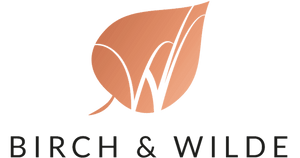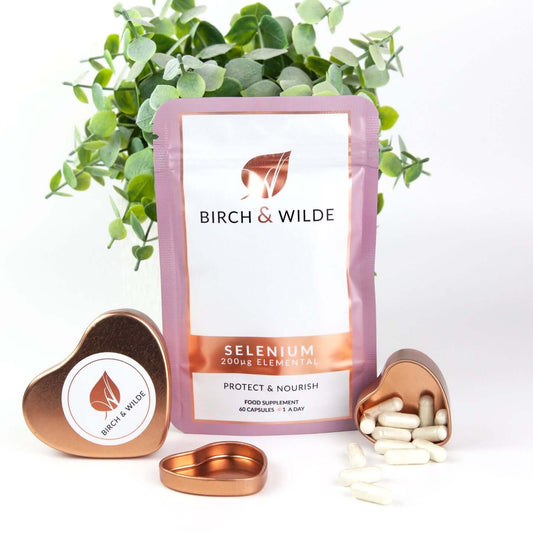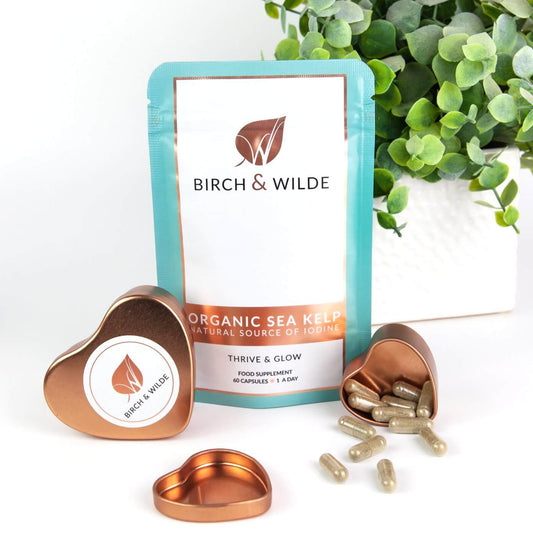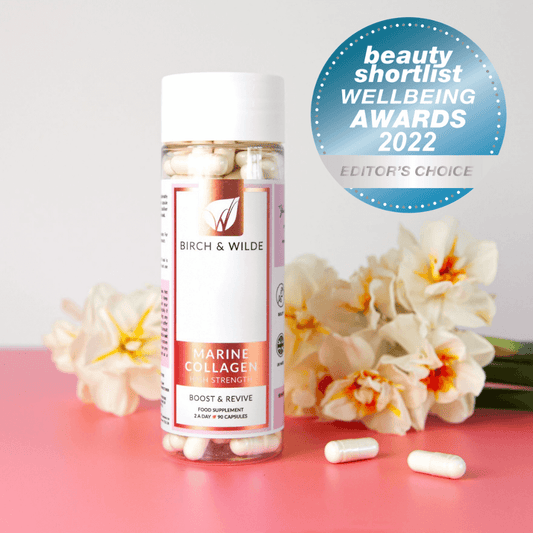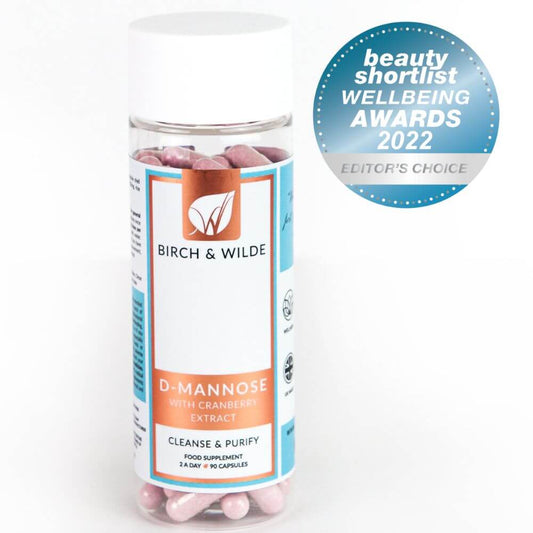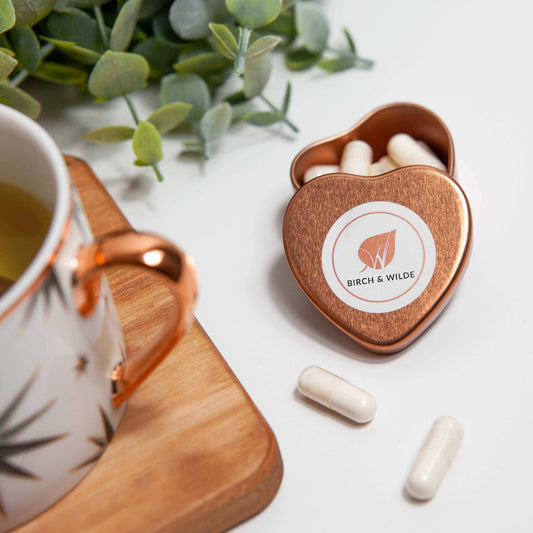Top 5 Foods that are Great Dietary Sources of Iodine
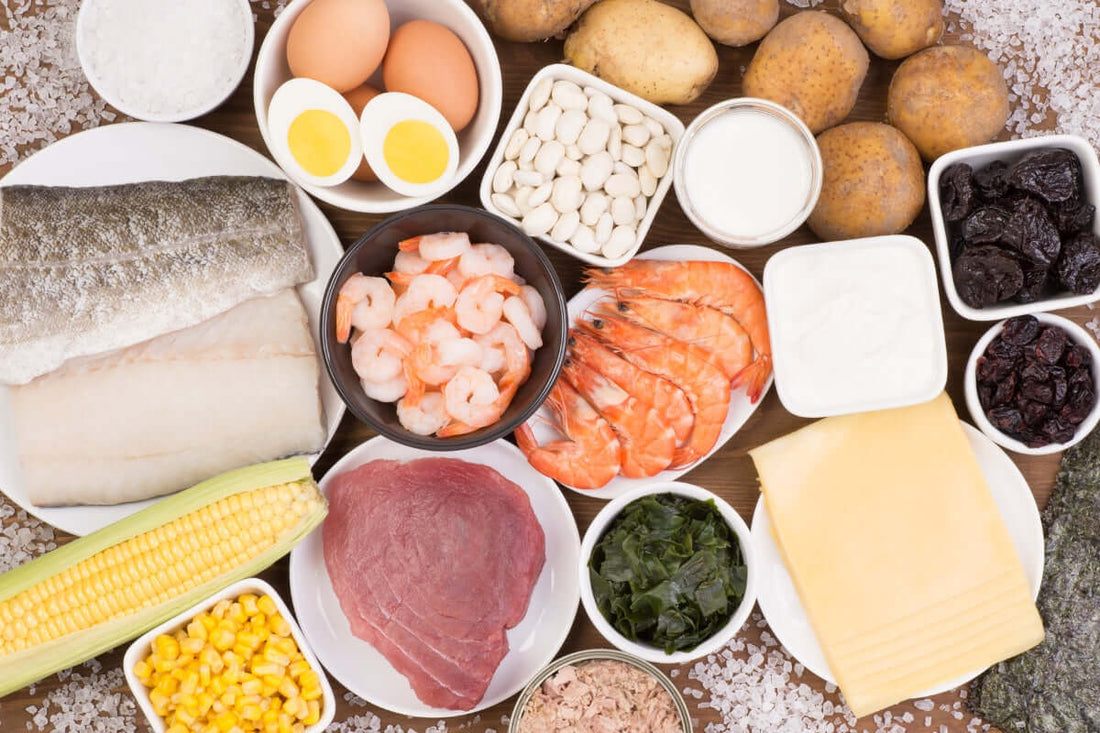
Iodine is one of several minerals that are absolutely essential for the healthy functioning of your body. So along with your daily vitamins, ensuring you are getting enough Iodine is crucial to feeling at your best.
Iodine is proven to support your body in several areas of your health, and these health benefits include:
- * Maintenance of normal, healthy skin
- * Normal production of thyroid hormones & healthy thyroid function
- * Energy yielding metabolism (ie, how your body uses food for energy and how well it does that)
- * Normal cognitive function (how well you can think, and reducing brain fog)
- * Maintaining your nervous system
So, if you are feeling a little 'off' in one of these areas, a lack of Iodine may be at the root cause. The great news is that there are plenty of food sources of Iodine available, and adding these into your diet (or using good quality Iodine supplements), can help make sure you don't experience the symptoms of deficiency. Here are our top 5 iodine rich foods.
Cod Fish
A popular, well known and versatile fish, cod is a great source of Iodine into your diet. It is relatively low in calories and offers a variety of nutrients, including Iodine. On average, around 85 grams of cod will contain approximately 42-66% of the amount your body needs each day.
Eggs
Just one egg can provide a variety of nutrients, lean proteins and healthy fats into your daily diet (and for less than 100 calories!). Nearly all of these come from the yolk of the egg, including Iodine. Eggs yolks are a great source of Iodine, and on average, one large egg will provide you with about 16% of your daily needs.
Prawns / shrimp
Prawns are a low calorie, protein rich seafood that are also a great source of natural Iodine. This is because they naturally absorb Iodine that is present in seawater. Interestingly, prawns are also a great source of Vitamin B12, Selenium and Phosphorous. An 85 gram portion of prawns or shrimp will provide you with roughly 23% of your daily recommended intake of Iodine.
Dairy Foods
Although amounts can vary, most dairy foods are relatively rich in Iodine, so make a good source for you to eat. Milk, cheese, yoghurt and cottage cheese all provide good dietary levels of Iodine.
For example, roughly 235ml (1 cup) of milk will offer up between 59-112% of the Iodine you need each day (depending on how processed the milk has been). And the same amount of natural yoghurt can provide 50% of what you need.
Seaweed
Not only is seaweed one of the most Iodine rich foods you will be able to find, but it is also a powerful antioxidant, and provides a large variety of other vitamins and minerals.
Seaweed is a sustainable and natural plant-based way to add Iodine rich foods into your diet. The most popular are Kelp, Nori and Wakame, with the Kelp having the highest Iodine levels.
If you are not sure about adding seaweed to your regular meals, or you want some certainty around exactly how much Iodine you are taking in each day, then Sea Kelp Supplements are a great option.
As so many foods that are rich in Iodine come from animal sources, sea kelp supplements provide a great option for those on a restricted diet (ie, vegan or vegetarian), who are also most vulnerable to deficiencies.
Not only do you get a precisely measured amount of daily Iodine quickly and easily, but Sea Kelp capsules can provide a natural, vegan-friendly, plant-based, often organic and sustainable way to keep your Iodine levels healthy.
